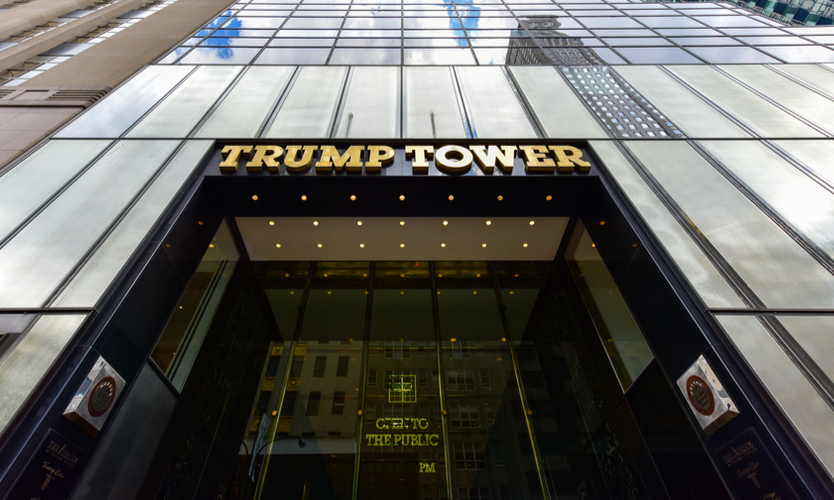Trump’s Insurance Fraud Case: The Risk to Trump Tower
Introduction
In a significant legal development, former President Donald J. Trump is facing a civil fraud trial that could have grave consequences for his iconic Trump Tower in New York. The trial centers around allegations of Trump inflating property valuations to secure favorable banking conditions and lower insurance premiums. This article delves into the latest updates on the case, the potential repercussions for Trump and his business empire, and the arguments put forth by both sides.
The Trial Proceedings
The civil fraud trial against Trump was set to begin next week after a New York appeals court dismissed his attempts to postpone the trial. Trump had filed a lawsuit targeting the trial judge, Justice Arthur F. Engoron, in an effort to halt the trial and dismiss several charges against him. However, the court refused to entertain the lawsuit, paving the way for the trial to proceed.
Justice Engoron had previously ruled that Trump was accountable for fraudulently overvaluing his assets, which ultimately led to him losing management rights over his New York-based properties. The trial outcome, which rests on Justice Engoron’s shoulders rather than a jury, could result in significant monetary penalties for Trump.
Allegations and Legal Arguments
The crux of the case against Trump revolves around allegations of asset inflation. New York’s attorney general, Letitia James, accuses Trump of inflating his net worth by billions of dollars in his yearly financial statements. This alleged inflation allowed Trump to secure bank loans under favorable terms. James is seeking to reclaim $250 million perceived as unlawful gains.
Trump’s legal team argues that certain allegations might be too dated for trial, citing an earlier appeals court resolution in June. However, the recent verdict from the appeals court seemed to disregard these arguments. Christopher M. Kise, representing Trump, criticized the ruling as “outrageous” and claimed that fundamental legal, accounting, and business principles were overlooked.
Trump has consistently denied the allegations, attributing them to political bias due to the affiliations of the judge and the attorney general. He has made strong remarks against both Justice Engoron and Letitia James. However, the court appears to be growing weary of what they deem as baseless claims. Justice Engoron imposed fines on Trump’s attorneys for reiterating earlier arguments.
Potential Repercussions for Trump and Trump Tower
The outcome of this trial could have far-reaching implications for Trump and his business activities in New York. If found guilty, Trump may face significant monetary penalties and potential limitations on his ability to conduct business in the state. Trump Tower, one of his most iconic properties, could be directly impacted by the trial’s outcome.
New York City holds a special place in Trump’s business empire, with nearly a dozen of his properties located there. The potential financial implications and tarnished reputation resulting from the trial could have a lasting effect on his real estate ventures. The trial will determine whether Trump can maintain his business activities in New York or if he will face severe consequences.
Conclusion
As the civil fraud trial against Donald J. Trump approaches, the stakes are high for both the former president and his iconic Trump Tower. The allegations of asset inflation and subsequent legal action by New York’s attorney general have put Trump’s business empire under scrutiny. The trial outcome, which rests on Justice Engoron’s decision, could have significant financial and reputational ramifications for Trump and his properties. The world watches as this high-profile case unfolds, awaiting a verdict that could reshape the future of Trump Tower and Trump’s business activities in New York.




